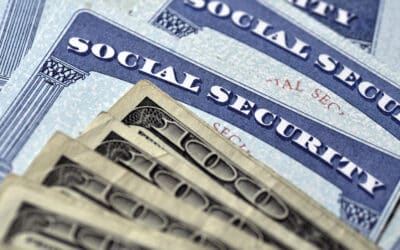It’s an old trick: gain advantage over others by hiding one’s meaning behind euphemisms and other forms of linguistic camouflage and misdirection. People do this in all walks of life, but politicians make careers of it. If they engage in straight talk at all, it is by far the exception. The journalist Michael Kinsley defined a gaffe as “when a politician tells the truth – some obvious truth he isn’t supposed to say.”
Obfuscation is the currency of politics. Little has changed since Oscar Wilde’s time: “Nowadays to be intelligible is to be found out.”
Libertarians have emphasized this scam for years. When they say that taxation is theft, they offer an illustration. If you threatened to harm people, say, by imprisonment, unless they surrendered some of their incomes each year, you would be prosecuted for extortion, even if you planned to do good works with the money. Punishment would then follow. Politicians do the same thing, except that taxation is not illegal.
When the government orders people to leave their homes so politicians may put the land to other uses, that is also theft. But it is called by the high-sounding term eminent domain. That euphemism adds to the mystique of the state as it reveals what ought to be a repugnant idea: that the government is the supreme owner of all land in its jurisdiction — even in the United States, whose Constitution implicitly embraces that principle. True, eminent domain is not an enumerated power (so much for the doctrine of the limited power), but it is acknowledged indirectly in the clause about compensation in the subsequently added Fifth Amendment. This shows that the framers thought the power to take private property was inherent in the sovereign.
The so-called “takings clause” is an odd part of the Bill of Rights. It proclaims that people have a right to “just compensation” whenever the government violates their right to property. That the government pays what it calls “just compensation” does not make eminent domain alright. What makes compensation just in a normal transaction is that the buyer and seller freely agree to the amount. Since sellers are coerced under eminent domain, no compensation qualifies as just.
If we set our minds to it, we could all find many more examples of political euphemisms. The Department of Defense was once called the Department of War. The term free election disguises the fact that voters choose among politicians under duress: they will be coerced by government policy whether or not they participate in the election. Climate policy ought to be called pro-poverty policy. Trade policy would better be known as crony-reward policy. Government intelligence and military justice … well, you get the idea.
Scanning the recent headlines, I notice that many places are enacting so-called gun-buyback programs. What a euphemism that is. You would think that the only thing that the government could buy back was something that it had originally sold. That’s what back means in such a phrase. But state and local governments don’t sell guns to citizens, so how can they buy them back?
I concede that the recent programs appear to be voluntary, although the money paid (sometimes in the form of grocery gift cards) is taken by force from the taxpayers. So the politicians aren’t even buying back with their own money. In the past, however, buyback campaigns were mandatory, and some favor compulsion today. For example, Barack Obama and Hillary Clinton spoke favorably about Australia’s compulsory program. Beto O’Rourke, who sought the 2020 Democratic presidential nomination, has called for a compulsory “assault weapons” buyback.
Incidentally, the National Bureau of Economic Research recently published a paper (for which I cannot vouch) purporting to demonstrate that gun violence is not reduced in the United States when governments buy and destroy guns turned in by citizens:
Gun buyback programs (GBPs), which use public funds to purchase civilians’ privately-owned firearms, aim to reduce gun violence. However, next to nothing is known about their effects on firearm-related crime or deaths. Using data from the National Incident Based Reporting System, we find no evidence that GBPs reduce gun crime. Given our estimated null findings, with 95 percent confidence, we can rule out decreases in firearm-related crime of greater than 1.3 percent during the year following a buyback. Using data from the National Vital Statistics System, we also find no evidence that GBPs reduce suicides or homicides where a firearm was involved. These results call into question the efficacy of city gun buyback programs in their current form.
This isn’t surprising. People with violent intent aren’t likely to sell their guns “back” to the government.
At any rate, we ought to be clear about what we call these programs. Governments demonize guns (rather than bad users of guns) by bribing people with stolen money.
We might actually roll back government power if the exercise of that power were not systematically obscured by euphemisms.











